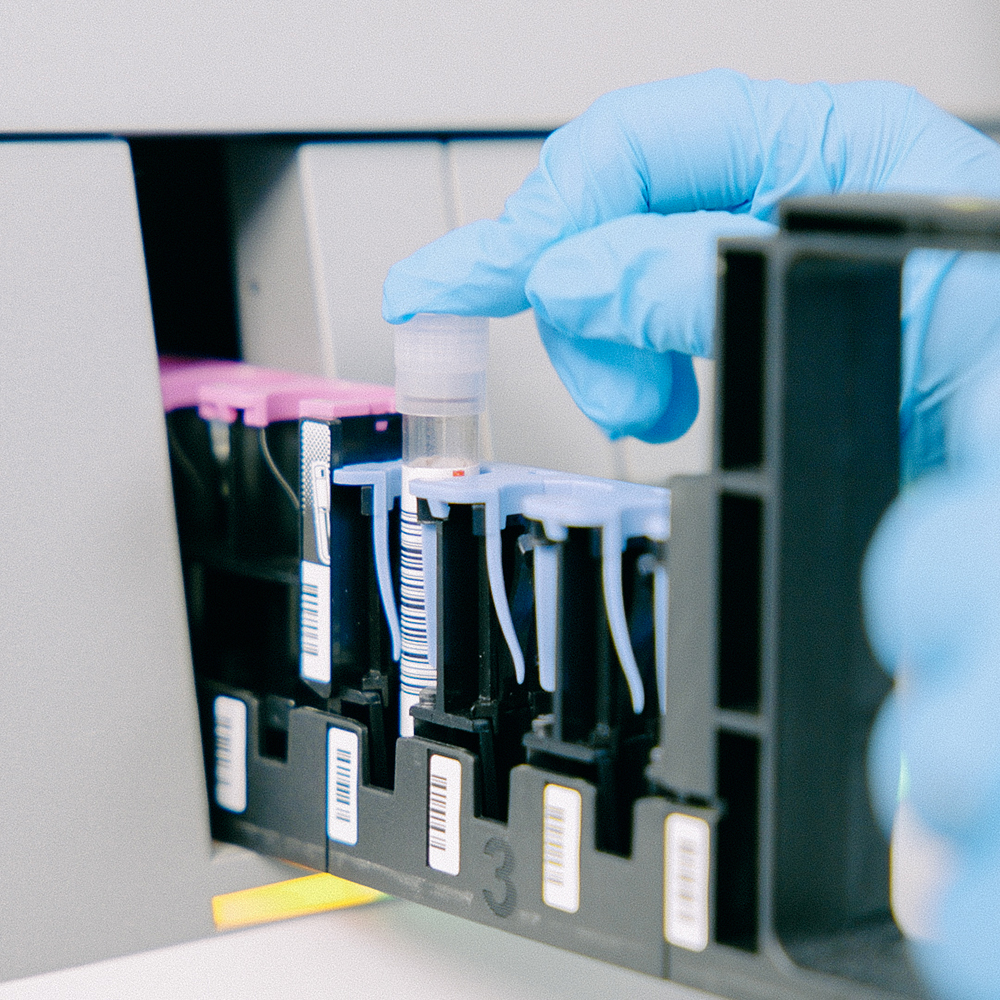Testosterone blood test
£40.00
-
Results within 24 hours
-
Blood draw included
What does the test result indicate?
The test can diagnose conditions related to abnormally low or high testosterone levels, and can be used to monitor testosterone replacement therapy. Low testosterone levels can indicate hypothalamic or pituitary disease, or potential damage that has lead to decreased testosterone production. In women it can be an indicator of PCOS, and ovarian or adrenal gland tumours.
When should a test be taken?
Testosterone blood tests are typically recommended for men if the following are suspected:
- Infertility
- Low libido
- Erectile dysfunction
For women it can be requested if:
- Irregular or no periods
- Suspected PCOS
- Suspected tumours
- Difficulty getting pregnant
Can women take this test?
Yes, both sexes have the testosterone hormone, and women do produce testosterone but at a far lower rate than men, it can still have an impact on the health of an individual if the testosterone is abnormal.
In women the test can be conducted to investigate potential polycystic ovarian syndrome (PCOS), one of the leading causes of infertility.






